Legislative
A Chief has legislative power over their village. They can make any laws they deem necessary, though many try and stick to the founding documents of their villages. The only power they do not have is to challenge the legislation made by the Grand Wizard, instead they are meant to listen to the Grand Wizard.
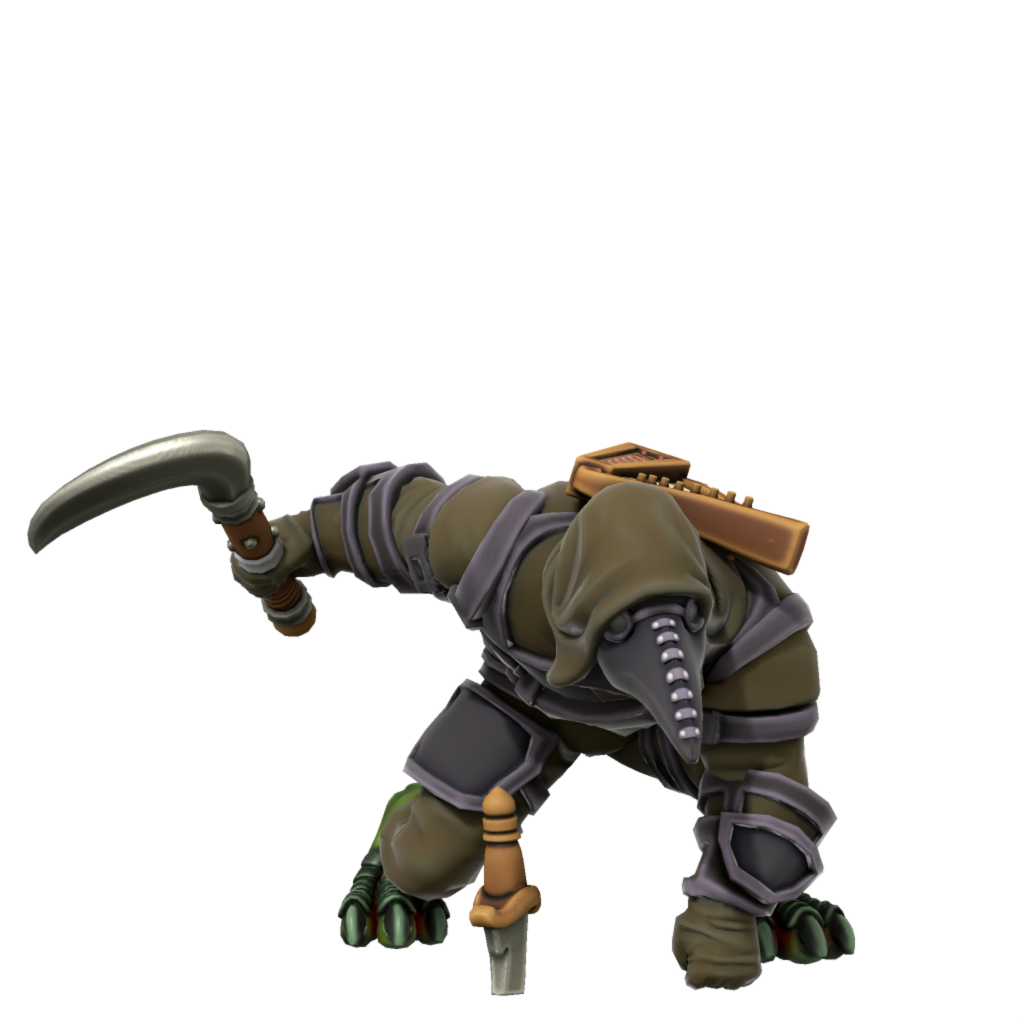
Higar Vixik by Jarhed
However, this has in recency, since the title of Grand Wizard lost a majority of its powers in the
Grand Wizard Struggle, meant moreso that they should listen to the Grand Wizard, but not that they have to.
Diplomatic
Village Chiefs have the power to forge diplomatic relations with any power they seek to form relations with.
Some have heated rivalries with places, as Bortan does with the
Dwarves of Ebreichzell or Ilder does with the
Elves of the
Elven Forest. Others, like Yirthum, have strong bonds of friendship with the Elves, though in the case of Yirthum it is due to them being an Elven proxy state (which means Yirthum Chiefs have to make sure all decisions they make appease the Elves, and often must run their decisions by the
Captains of the Elven Army first).
This also means they have unique relationships with each other. For instance, Tamd and Ealla are bitter rivals, as are Bortan and Evity, and those villages often go to war with each other. Nearly every Tamdian is born with a hatred for the Bards of Ealla and vice versa, while the Bortanian-Evity rivalry is less one of tradition and more a clash of ideals that continue to assert themselves.
This has led, however, to the formation of the
Southern Elone Treaty Organization under the
SETO Accords, where Bortan, Ealla, and Tamd formed an alliance between the villages, independent of the Grand Wizard, as they have the power to do so.
Trade
There are also foreign economic relations, which are up to the Chiefs to maintain. Trade between one village and another, as well as between villages and other nations, is an important part of a Chief's job, though for some these economic ties have been ruined in many ways.
Bortan does not have a good relationship with the Southern Nereids, so they often cannot send trade ships, instead trading only via land. Tamd, on the other hand, poisons the bottoms of their ships so that any Nereid that attack will be poisoned, so this is not an issue for them.
Economic
Village Chiefs have few economic powers, as the power of taxation belongs both to the
Noble Council and their proxies, the
Publicani tax collectors.

Otikul Nurdesh by Jarhed
Chiefs do get some money from the taxes of the citizens, as Zephys takes a cut of the tax money, then divvies the remainder back to its home village. The Chiefs then have the authority to decide where in the village that money goes and what it is used for, though often they hire more skilled economists to help them out.
Exemption
However, Village Chiefs have technical power to not pay their own taxes. There is a clause that many Chiefs exploit that if they declare their village to be in an economic crisis, they are not required to pay taxes, as their money is then meant to go to rejuvinating their village. In most cases, this does not happen, but it is an excuse that is used nonetheless.
Fund Seekers
Village Chiefs also can seek money from their citizens in what are called "Fund Seekers." In these, Chiefs raise money for a certain cause, be it a war, a law they wish to pass, or just a message. While there is technically no voting in Draconian territory, Fund Seekers are a way to "vote with your dollar." People donate money to causes they support with the Village Chief, and then said motion moves forward with that money.
Military
Village Chiefs are the major military command in their village. They are, then, the equivalent to
Dwarven Generals or Elven Captains.
They can assign lesser commanders to take the brunt of the command, and in the case of Yirthum they actually are on equal footing with the Captain or, even in some cases someone of lesser rank like a Commander, of the Elven Guard who is assigned to guard Yirthum. Therefore, Yirthum Chiefs are one of two commanders who have full reign over the troops.
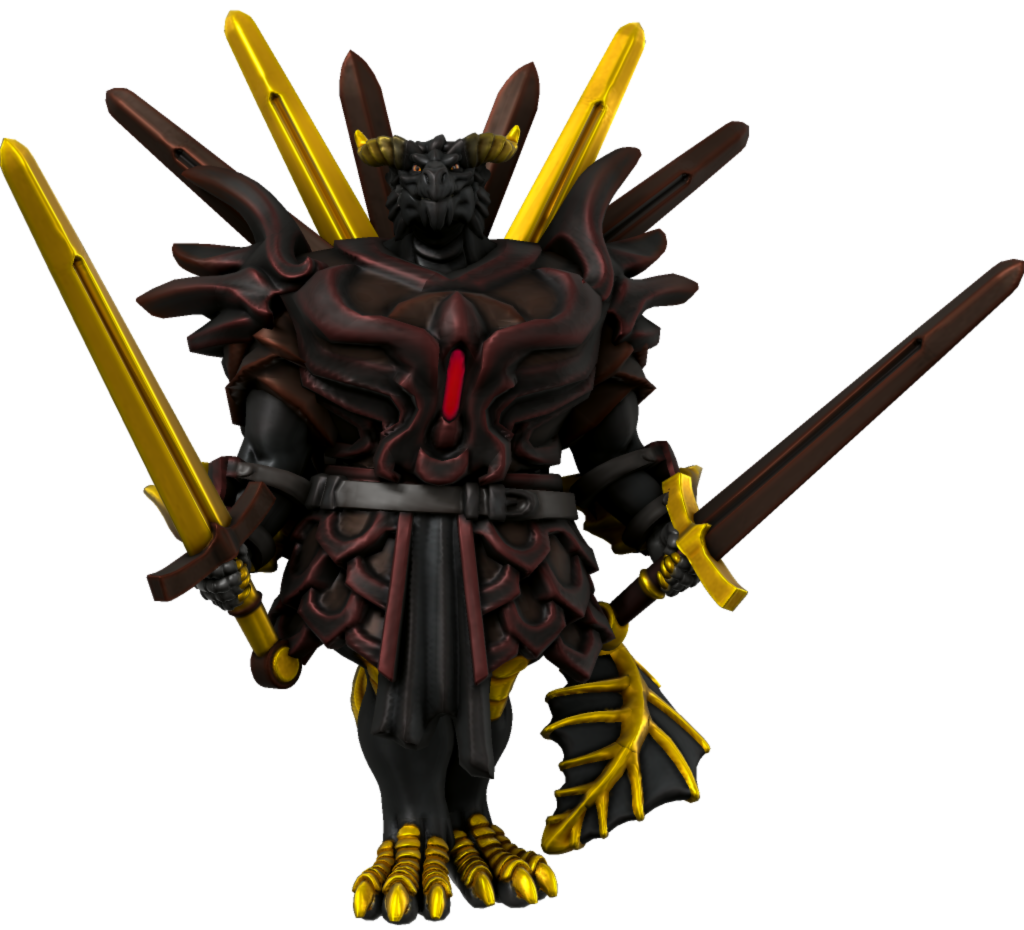
Oraakil Mardaar by fyrcracker
Chiefs also have control over the doctrine of their military, how they recruit soldiers, and even over their military spending. They decide what weapons to stock up on, though in most villages this is left to the soldiers to deal with, giving them an allowance to buy their own weapons and armor.
Bortan is a village where the doctrine has remained unchanged for centuries. As they are the militaristic village, their military doctrine is considered sacred and something that cannot be touched. Their Chief is often one of, if not the, greatest combatant, military mind, or strategist in the world.
Judicial
Village Chiefs have some judicial powers in their villages. In the case of a special trial there is a power granted to the judge, jury, or even the lawyers, defendant, or plaintiff. What this power entails is that they can call for a special judge to fill in, if they believe the judge presiding on the case is unfit to handle it for any reason, or if it is thought that this case in particular is befitting the authority of a Chief over a standard judge.
Of course, each village has its own courts which run nearly independent to the Chief themselves. Due to this, most courts are not happy with the Chiefs stepping in, especially because the village courts are more likely to be alligned with those of the
World Court, while Chiefs (especially in recency) have opposed the World Court.
While in Zephys, it is the Noble Council that holds this honor, the villages have the Chiefs. This being said, some members of the Noble Council are Chiefs, allowing them to then have judicial power in both their village and Zephys.
Nobility
Speaking to nobility, while one does not become a Noble just by becoming Chief, the family of a Chief does become nobility. Any children the Chief has that are blood related to them are, then, considered to be of noble blood, and are then allowed into the nobility. The luxury is not given to the Chiefs themselves, but it is considered the great reward for serving one's village.
This honor can, however, be taken away if the Chief is perceived in any negative light by the Noble Council. The Noble Council can then strip the family of its noble rights. Therefore, Chiefs have to dance around the Noble Council to prevent this.
"Draconian Chiefs"
There was once a time where those that held the title of Chief had a different full title than Village Chief. While that was the official term, the more colloquial term was Draconian Chief. After all, for over 1000 years, there were only Draconians in the position of Chief.
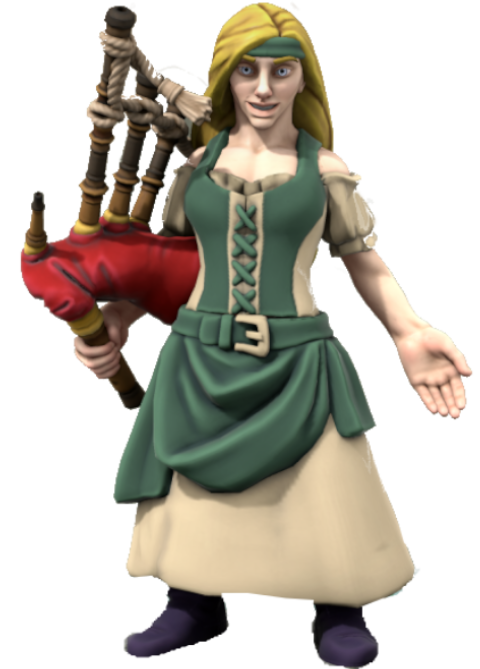
Sirlini Glirdog by Jarhed
The Comedian
In 498,
Sirlini Glirdog became Chief. She was a Human woman who was raised in Ealla by a Gnome named
Zefsica. She was a prolific bard, and had even gained the Draconian nickname "The Comedian" despite not being a Draconian. She was known best for playing pranks on people and making jokes at the expense of others, and for her catchphrase:
"Really funny."— Sirlini Glirdog
She became Chief almost as a joke, as she was said to be second to take Chiefdom if something were to happen to
Ildid Tilrak after she became the next Chief of Ealla. Ildid then left the position to live with her husband
Fepar Tilrak, Chief of Bortan, and later with their son
Nalrik Tilrak. Thus, Sirlini became the first non-Draconian Chief.
There was much vitriol in the days when Sirlini first became a Chief. For most other people, the pressure and hatred directed towards them would break them, potentially even kill them. However, Sirlini was the perfect type of crazy to thrive off of the hatred. She laughed at the angry mobs, made jokes at their expenses. When she was attacked by them, she would cackle at their attempted assault until they gave up.
It is with her levity in the situation that, eventually, the hate died down. Alongside that, she passed sweeping reforms towards equality in Draconian territory. Anyone from any walk of life, any race, any magic affinity, any
mutation, could live in any village no matter what. At least, that was her intention. This law only passed in Ealla and Bortan and, eventually, Yirthum, Waire, Dembar, and Evity. It has still not been passed in Ilder and Tamd.
Due to this, Sirlini opened the door for all sorts of citizens and, thus, Chiefs. Thus the term "Draconian Chief" no longer applied, as they could be from any race.
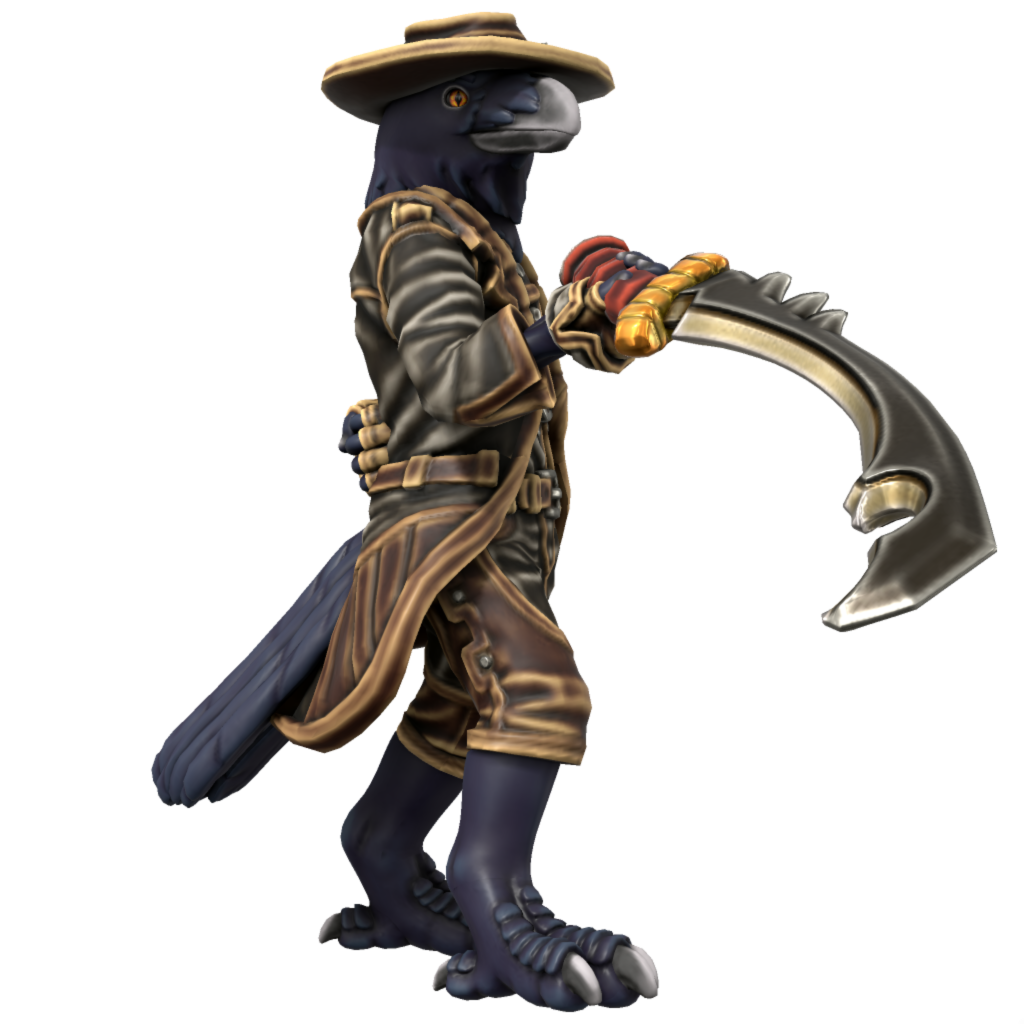
Sinner Caerxan by Jarhed
The Hunter
This laid the foundations for the second non-Draconian Chief, the man who not only refounded Waire but also started up the Vampire Hunters. The
Korvian known as
Sinner Caerxan.
Sinner became known, slowly but surely, by his own Draconian nickname. It became a custom, especially for non-Draconian Chiefs so they were more widely accepted by the Draconian people. If Sirlini was the Comedian, then Sinner was the Hunter.
Sinner did a very important thing for the Draconian people, as in forming the
Vampire Hunters in Waire, he made a group that would keep the village safe from Elven interference, or any other outside party interfering. Through Waire, tunnels connecting to Evity, Ilder, Yirthum, and Bortan were found, allowing for easy, safe travel between the villages and through the Elven Forest.
It is thanks to these two non-Draconian Village Chiefs that many barriers were broken, first for the citizens to simply live there, and second for travel, transportation, and trade. This is why they are Village Chiefs, not Draconian Chiefs.

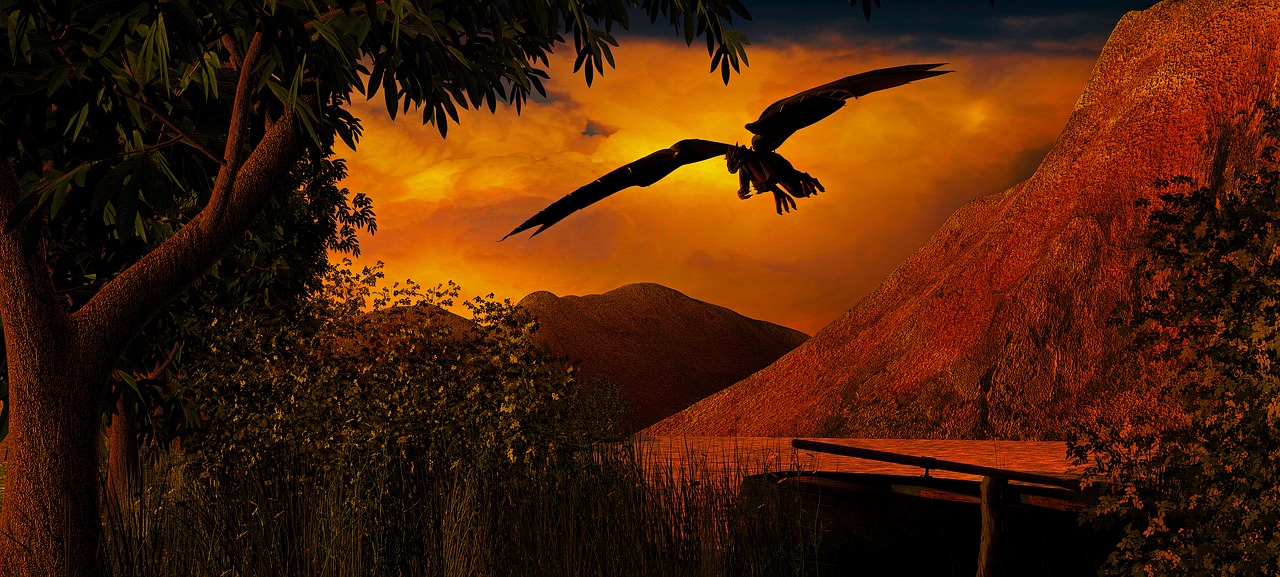
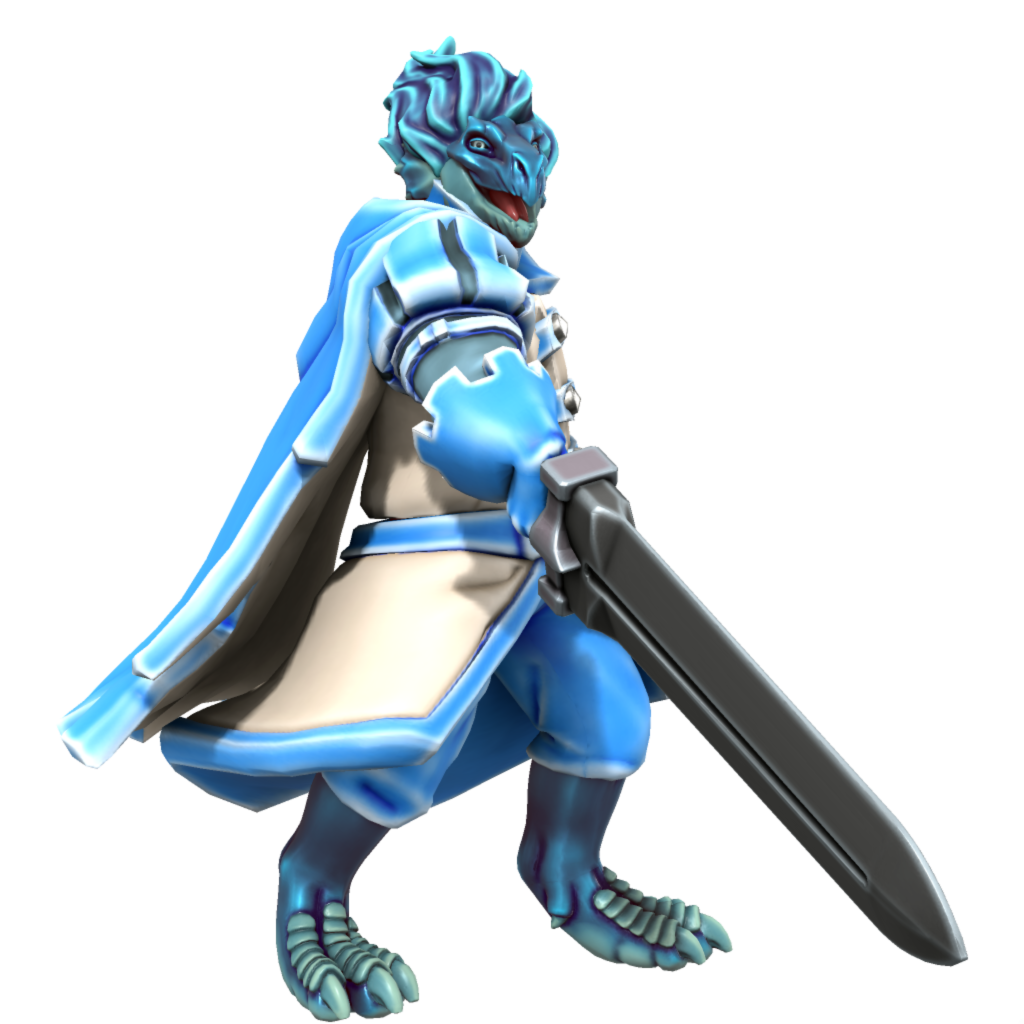






Comments